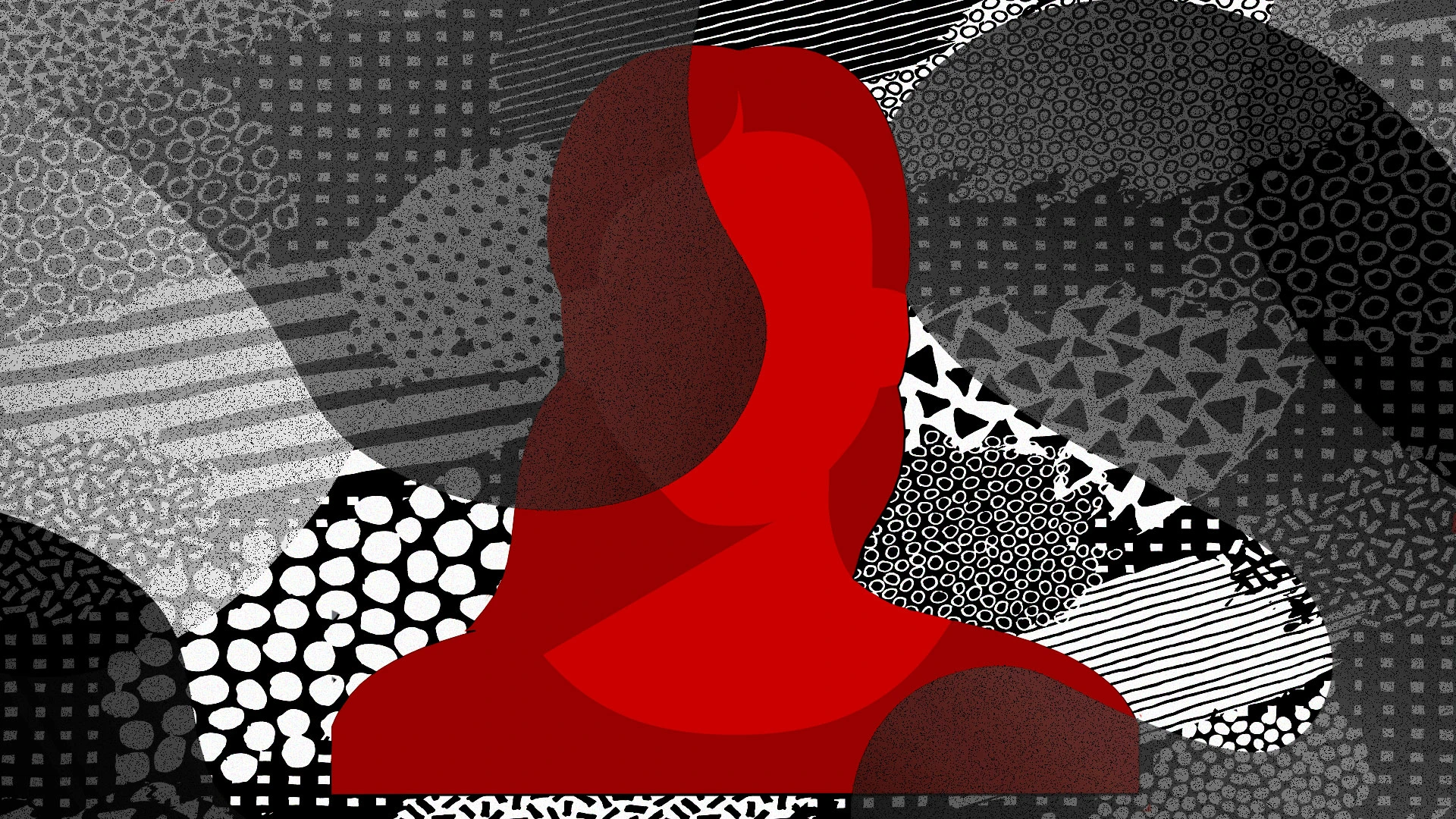Blog post #12
Final Post
Until recently, I never really cared what social media was doing to me. Like everyone else, I just scrolled. I posted and I liked posts. It all seemed to be harmless even sometimes fun. But the more I came to pay more and more attention to the backstories behind the apps I have been using for some many years. I started to realize that the platforms were controlling my online life and I wasn't.
I read about a 14 year old girl that chose to disconnect from all social medias. why did she do this? Because it didn't sit right with her. She thought that the need to be "on" all the time, the constant comparison, the sense that every post was supposed to be perfect but it all became too much. This resonated with me because I have felt this way before but never really realized it.

The story led me to read other articles about privacy and emotional health. They talk about how we the consumers don't really know what the platforms we give out lives to are really doing to us. There was an article that read "Do you know how Facebook makes money?".
I knew that I had no clue how Facebook made all there money. It's the consumers of the app that make that give Facebook all of their money. My likes, my messages, my clicks give money to Facebook. Its all people of on social media platforms and the information is sold off to make more money. I didn't know this or did I? Was this told to me in the terms of service that I agreed to? That writing that no one reads?
I then heard about a massive privacy breach of hundreds of millions of Facebook records on Amazon cloud servers. The same day, Facebook was caught asking users to provide them with their email passwords. and I just couldn't help but think: "How is this ok?"
I started to ask myself difficult questions. how large is an online footprint? I don't have my own site, but I am present on social media. I have shared things such as location, pictures, etc. If I deleted these things who is to say they are actually gone. Facebook could be selling my private info to other company and who is to say what is actually mine.
The more I dove in, the more I realized there's a chasm a privacy gap, one study referred to as such. There are some people who know what is going on and are acting. There are others (like me) just riding along, blind or beset. I've started disabling ad tracking. I'm using more private browsers. I'm taking pause before posting. It's not great, but it's a start.
But privacy is just part of this dilemma. The emotional impact is just as real. Have you ever really sat down and considered if social media is good for you? is it making you sad or even depressed?
This had all made me consider what I need from the internet and what I'm willing to part with for convince or attention. Maybe we can't abdomen it completely. But maybe we don't even want to. At the very least, we can start to listen because these issues aren't theoretical. They affect us.
